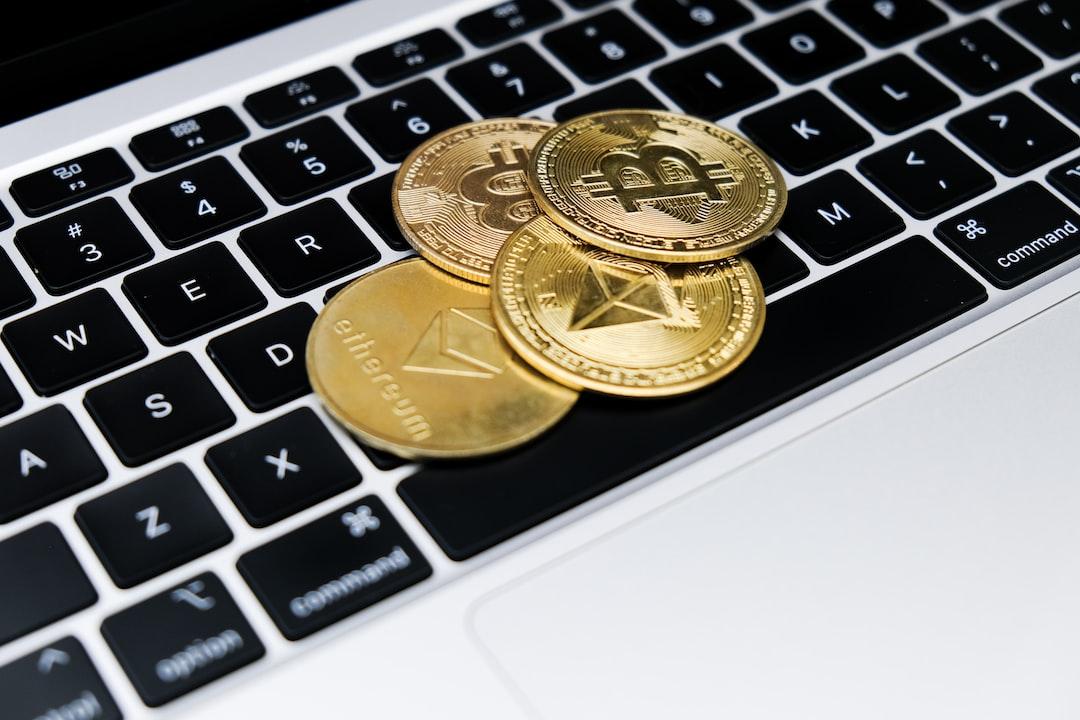OpenAI CEO Sam Altman Recently States “AI is in the Bubble Stage”
OpenAI CEO Sam Altman recently expressed during a media dinner in San Francisco that “AI is in the bubble stage.” He stated that AI is the most important technological breakthrough in decades, but the investment market has become overly enthusiastic, with many immature startups being overvalued. His remarks have led to comparisons between the current AI frenzy and the dot-com bubble of the late 1990s.
AI Technology Revolution Sparks Frenzy, Startup Valuations Overblown
Altman candidly pointed out that while AI is indeed the most significant technological breakthrough in recent decades, the investment market has become excessively optimistic, even bordering on a bubble. He compared it to the internet boom of the 1990s, noting that investors lost their rationality because “the internet changed the world,” and now AI is trapped in a similar situation.
Altman believes that many startups are currently being valued at astronomical figures based solely on a business plan, and it is only a matter of time before someone gets stuck. However, he emphasized that OpenAI will not slow down; the company plans to invest trillions of dollars in building data centers, but due to insufficient capacity, they can only make “painful trade-offs” and are currently unable to release more comprehensive and powerful models.
Academia and Wall Street Sound Alarm, AI Bubble May Be Worse than Internet Era
Experts from both academia and Wall Street have also issued warnings. Erik Gordon, a professor at the University of Michigan, mentioned that CoreWeave’s stock price plummeted by 33% in just two days, evaporating $24 billion in market value, which could be a sign of an impending bubble burst.
Torsten Sløk, chief economist at Apollo Global, bluntly stated that AI stock valuations are even more exaggerated than at the end of the 1990s. Ray Dalio, founder of Bridgewater Associates, reminded that high valuations combined with high interest rates could burst the bubble at any time. Additionally, a Wall Street strategist noted that the S&P 500’s valuation has surpassed that of the dot-com bubble, urging investors to avoid “AI FOMO” and to shift towards defensive assets such as high-dividend stocks or utilities.
However, some economists added that the infrastructure spending on AI has already been reflected in GDP, and even if valuations correct, chips and data centers could still become the economic foundation of the future, similar to the fiber optic networks that remained after the internet bubble.
GPT-5’s Missteps Do Not Diminish Popularity, Brain-Computer Interfaces Become Next Target
When discussing the latest product GPT-5, Altman admitted that they “indeed messed up some things” during the launch, yet the data shows that usage has actually surged. He pointed out that API traffic doubled within 48 hours and the number of users has reached new highs daily. He emphasized:
“Soon, billions of people will converse with ChatGPT every day. We are already the fifth-largest website in the world and are moving towards third.”
However, he acknowledged that surpassing Google is extremely challenging. Regarding future directions, Altman revealed that OpenAI is exploring brain-computer interfaces, taking on Elon Musk’s Neuralink, with the hope of achieving “thinking it, and ChatGPT responds.”
At the same time, he hinted at a collaboration with former Apple chief designer Jony Ive, which may lead to a new generation of human-computer interaction models. As for his own role, he confessed that he might not necessarily serve as CEO in the long term, even joking that AI could be the CEO in three years. But he warned the market that the AI bubble will inevitably burst one day. Although the industry is currently buoyed by capital and optimistic sentiment, the craze will eventually cool down.
Risk Warning
Investment in cryptocurrencies carries a high level of risk, and their prices can be highly volatile, potentially resulting in the loss of your entire principal. Please evaluate risks carefully.

